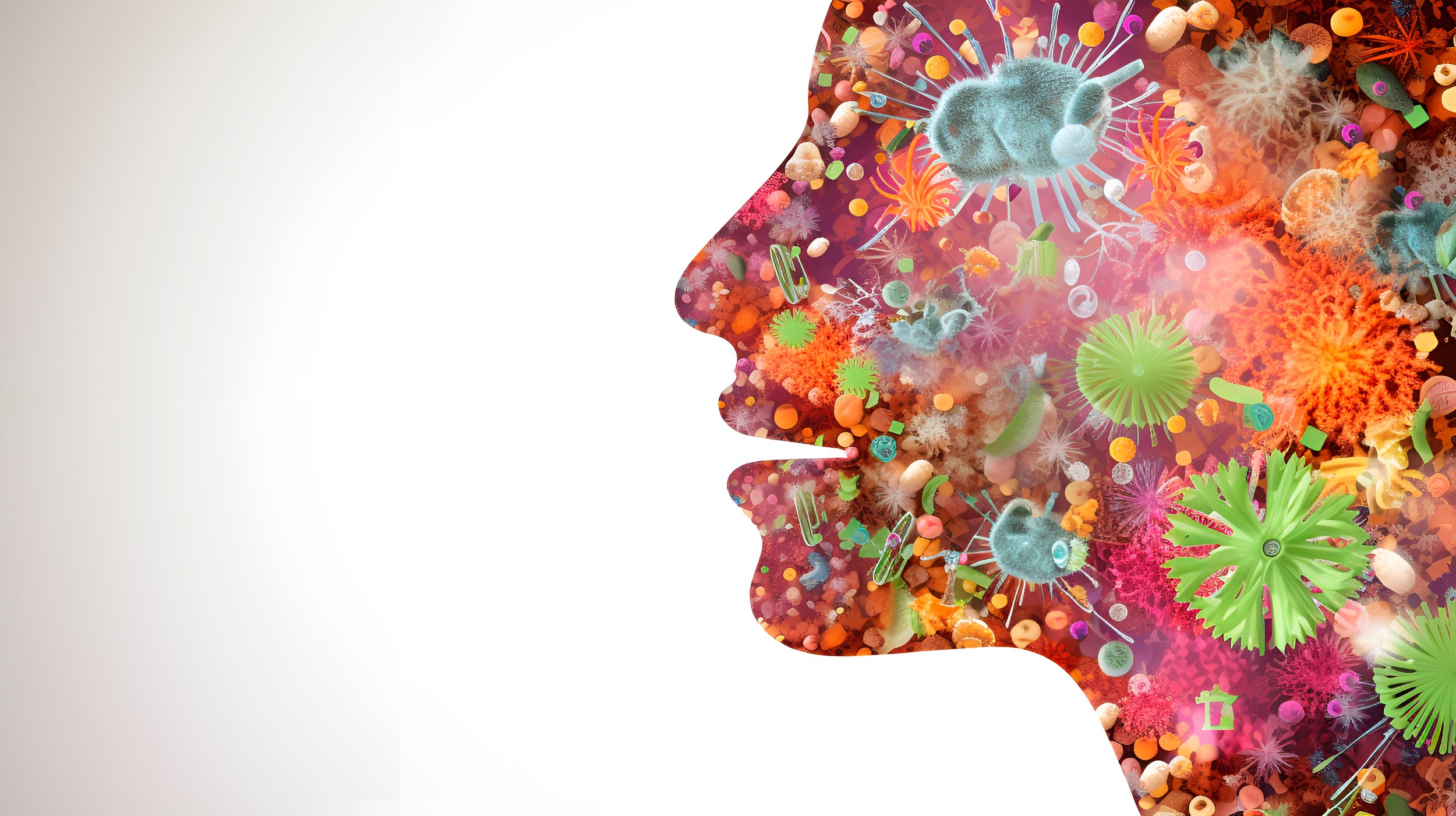Unraveling the Gut-Brain Connection: How Bacteria May Influence Autism, ADHD, and More
If you're a parent, you've probably heard all sorts of theories about what might cause autism, ADHD, and other neurodevelopmental disorders (NDs). It can be overwhelming and confusing, especially when you want to do the best for your child.
But what if the answer, or at least part of it, lies somewhere unexpected... your child's gut?
A Groundbreaking Swedish Study
Scientists in Sweden have been digging deep into this question as part of something called the ABIS study. Here's the exciting part: They're finding that tiny microbes living in the gut, along with other early biological signs, might hold clues to why some children develop NDs.
The Gut-Brain Connection – It's Real!
Let's break this down:
Your Gut Isn't Just for Digestion: Your gut has its own bustling "city" of trillions of bacteria. Some are super helpful, boosting immunity, strengthening your gut lining, and even influencing how your brain functions. Think of them as your inner health crew!
When Things Go Off-Track: The ABIS study found that babies who later developed NDs had different gut bacteria compared to those who didn't. They lacked some of those good bacteria and had more of the kind linked to inflammation and gut problems.
It's More Than Just Bugs: Scientists found other differences too. Some babies had unusual levels of things called metabolites in their bodies. These are like little messengers affecting brain development. It seems a disrupted gut might mess with these messengers.
Early Signs Matter
The ABIS study also shows a surprising link between early gut issues, mood changes, and later ND diagnosis. Babies who were often fussy, had tummy troubles, or seemed cranky were at greater risk.
Does a Troubled Gut CAUSE Autism or ADHD?
That's the big question scientists are still working on. It's likely NOT the only factor. The study looked at other things too:
Genes Play a Role: Your child's unique genetic makeup, especially parts of the immune system, can make them more or less likely to develop NDs.
Environment Matters: Stressful events or exposure to certain chemicals during pregnancy or early childhood seem to increase risk as well.
Why This Matters: Hope for the Future
While this research is still young, it gives us some powerful clues:
Gut Health = Brain Health: Taking care of those good bacteria might pay off BIG for development.
Catch Signs Early: Don't dismiss tummy troubles in little ones. It may be a sign of something affecting their overall health and development.
New Treatments on the Horizon? Imagine if we could use probiotics, special diets, or other gut-focused therapies to help prevent or lessen the challenges of NDs.
What YOU Can Do
Focus on Gut-Friendly Habits: A healthy diet full of fiber-rich fruits and veggies, along with fermented foods like yogurt, can promote good gut bacteria for your whole family.
Support Research: Consider participating in studies like ABIS (if possible) to help scientists solve this puzzle.
Be Kind to Yourself: No one chooses NDs. It's not a parent's fault. If you're worried about your child, seek advice and support!
Disclaimer: This research doesn't offer cures, and every child is unique. But it gives us hope that by understanding these early gut-brain connections, we could create a future where kids get the help they need sooner, leading to brighter, happier lives.
Read the full study here

